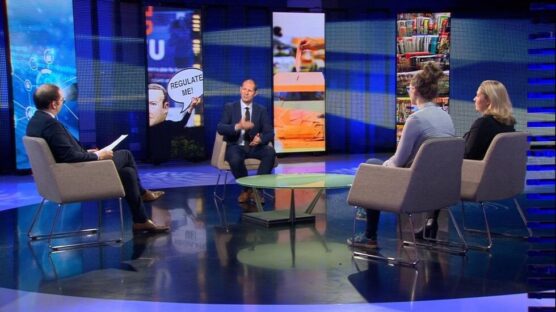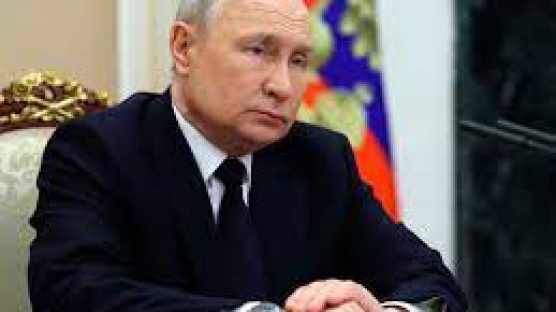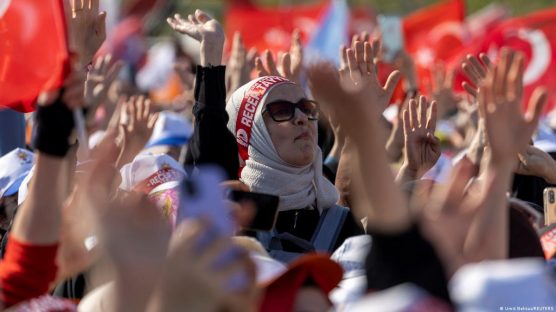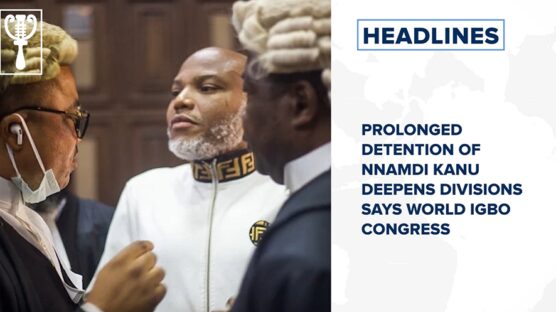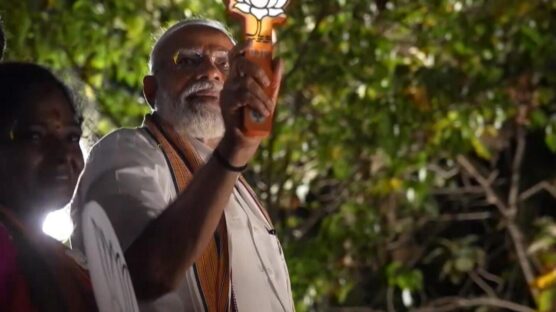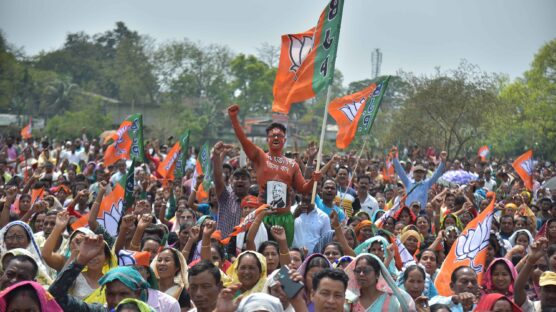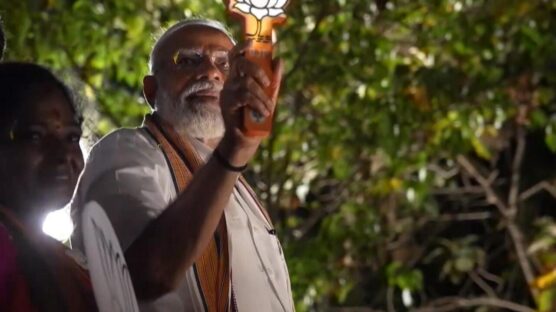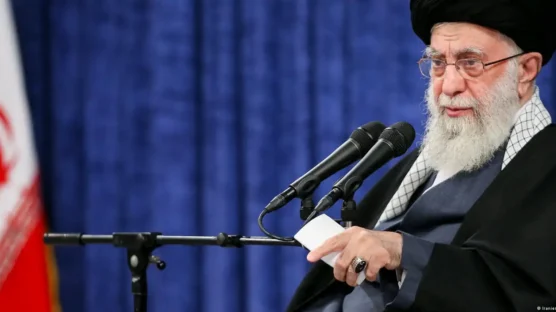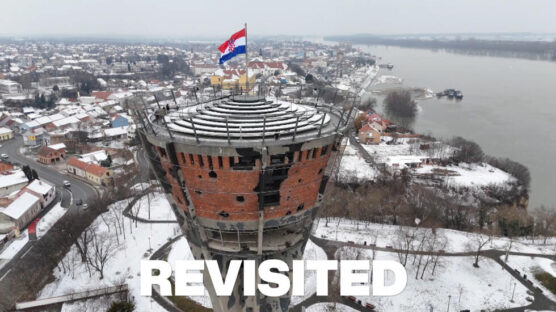Disinformation
24 Mar
There's no shortage of threats: from cyberattacks to fake news aimed at sowing confusion in the minds of EU citizens and voters. In this episode we look at the various disinformation techniques being used, as well as who the most vulnerable targets are, and what is being done to counter such attacks – not just by the European institutions, but also by non-governmental bodies and civil society.
9 Feb
Russia has been waging its war on Ukraine in cyberspace too. Part of its digital assault has been a massive stream of disinformation and propaganda. In Germany and elsewhere, Russian memes and propaganda messages bring the far right and left together.
29 Dec
While wars are fought between armies or militant groups, conflicts have their keyboard warriors too. It is estimated that more than half of the world uses social media, and many people do not go to traditional media as a source of information at all.
13 Oct 2023
Meta, the parent company of social media platforms Facebook and Instagram, as well as X, formerly known as Twitter, have responded to a letter from EU Commissioner Thierry Breton urging caution over an increase in disinformation and illegal content. Both social media giants have said they've taken action on social media posts that violate EU law.
27 Sep 2023
X, the platform formerly known as Twitter, is not a signatory to the EU-wide code of conduct to crack down on fake news on social media platforms and advertising companies
26 Sep 2023
The rapid development of new artificial intelligence applications seems to be overwhelming politicians and the media. A DW discussion addressed the ethics, dangers and benefits AI presents.
11 Jun 2023
The European Commission has called on online platforms to detect and label AI-generated content to tackle disinformation. Can the EU keep pace with tech developments?
15 May 2023
"All parties have their own troll armies," said Turkish fact-checker Gülin Cavus in an interview with DW ahead of Sunday's key presidential election.


